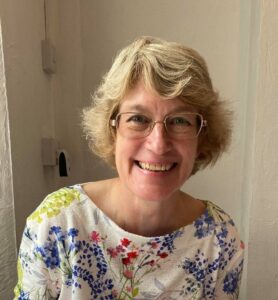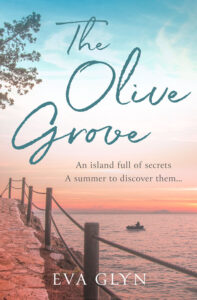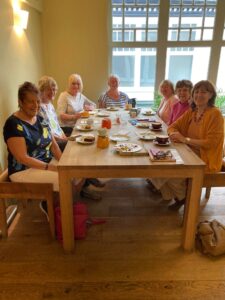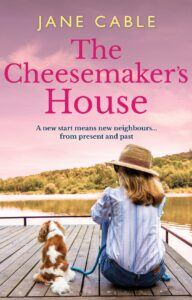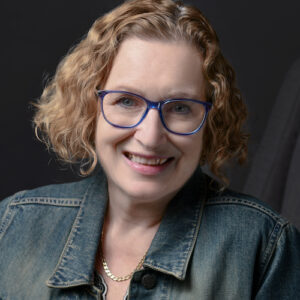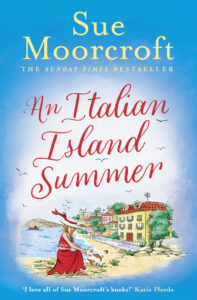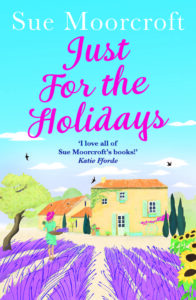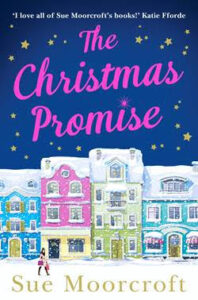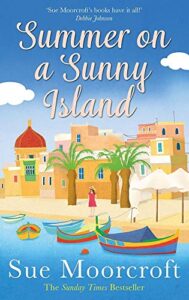One of the things I like to talk about (within the context of writing, at least!) is rejection. Simply because my publishing journey is chock-full of it! And the more authors I chat to (and I talk to them a lot on my podcast, The Rejected Writers’ Club) the more I realise that all of us face rejection all the time. Talking about it normalises and neutralises it – it’s not something to fear or be ashamed of, but it’s something to be embraced as part of the writing life.
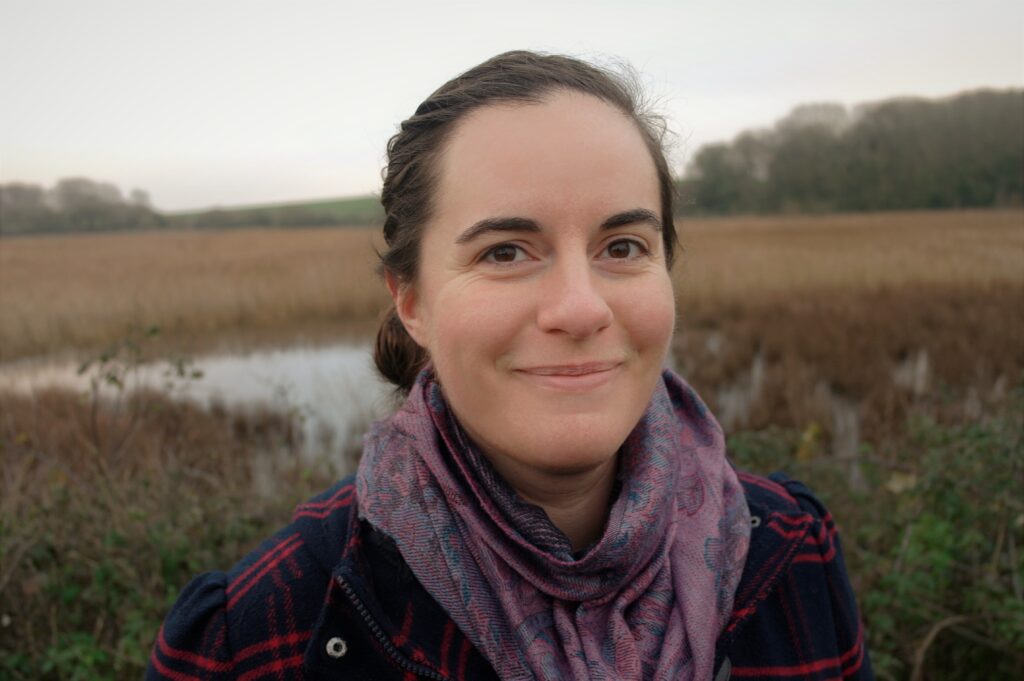
The first kind of rejection I faced was self-rejection. I have always wanted to be a writer, but every time I managed to write something I would read it back and be appalled at how awful it was. Every attempt ended up in the bin.
But then my father-in-law died suddenly at the age of 56. He was a lovely man who I wish I’d had longer to know. His death taught me that we may not get as much time as we think we will, so if there is something we want to do, we need to hecking well get on with it.
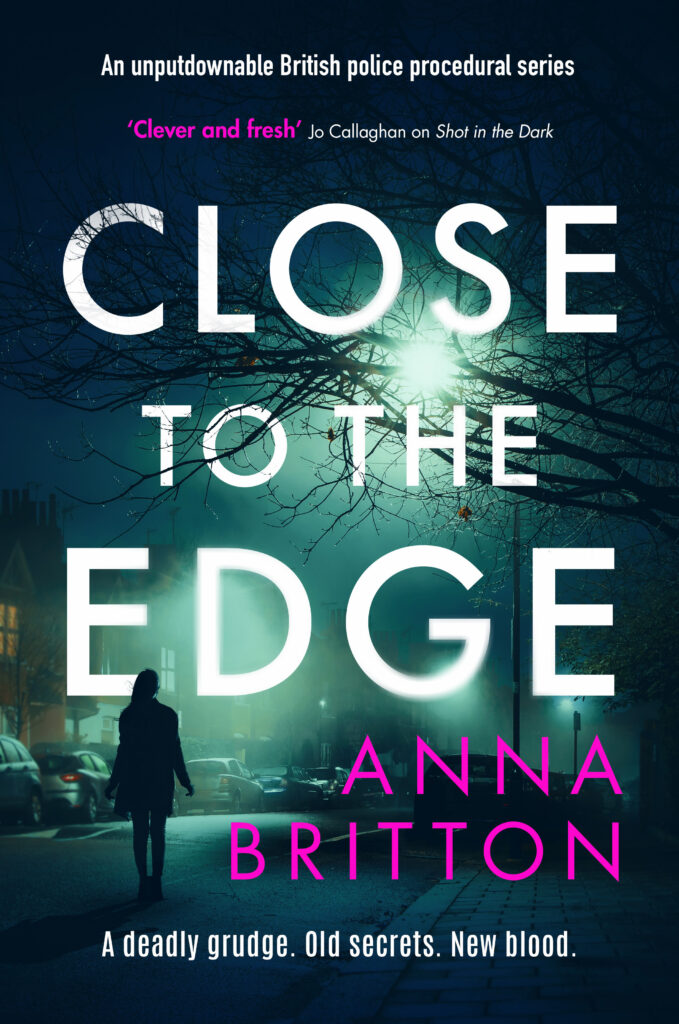
From then on, I didn’t let myself reject myself (can you tell I’m a writer?!). I still thought (and think) my first drafts were awful, but I no longer let that stop me. I love telling stories and even if they don’t come out right straight away, that’s okay. That’s what editing is for.
Rejection then came from other people. I submitted my first novel to 113 agents and received 113 rejections. There were a couple of full requests in there, but they all ended in the same way. No one wanted that story.
So I wrote another one. And another one. And another one.
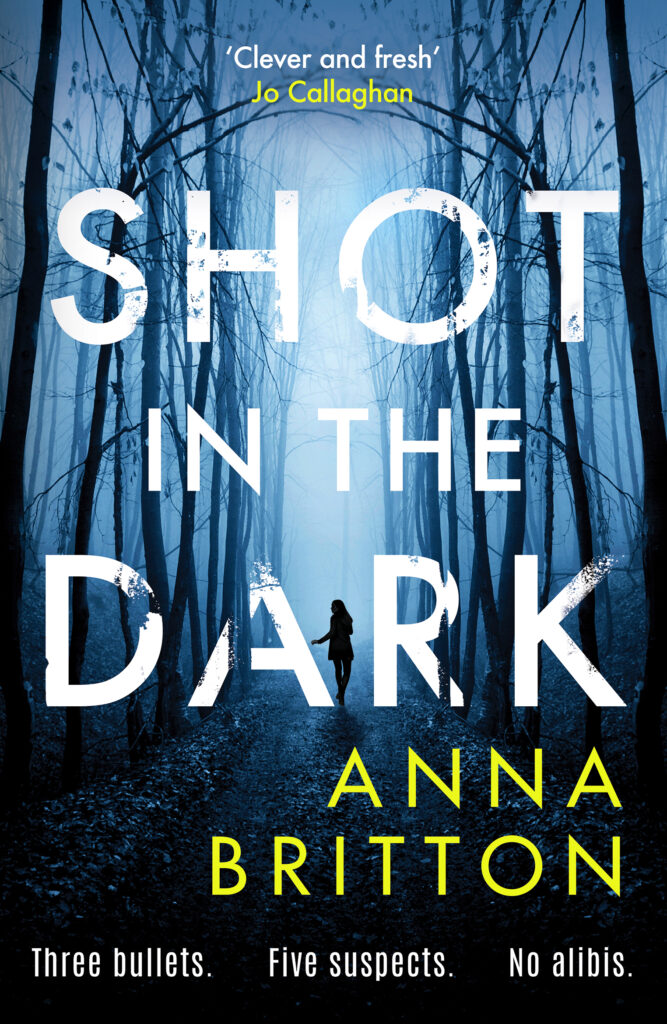
I didn’t query quite as hard again – mainly because I am soft and squishy and couldn’t handle such a solid wall of no’s again – but I did make sure to send my stories out to people I thought would connect with them. I got a whole load more rejections, until one person said yes.
Now, I want to pause here and say something that I absolutely didn’t listen to but that I really hope you will if you’re a writer looking for an agent and (let’s be honest, we all are) feeling a bit desperate: having no agent is better than having one who doesn’t get you. I promise this is true.
I signed with an agent and there was absolutely nothing wrong with them as a person, but they weren’t the right fit for me and my stories. I was writing gentle YA while they wanted something plotty and loud.
Parting ways with my first agent was one of the most painful moments of my publishing journey. I see it as a rejection, as it was a split that they initiated, but it was the right decision. I couldn’t see that at the time, but looking back I can see that we weren’t the right fit at all.
I was totally gutted by this, but it didn’t change my dream; to be a published author. I ditched the stories I had been working on and dove into edits on a crime novel with a bi detective with PTSD at its heart, fell in love with her cold and confusing partner, and solved a murder. I sent this story (which would eventually become the first in the Martin and Stern series – Shot in the Dark) out into the world and I was blown away by the response. Relatively quickly, I signed with my lovely agent – Saskia Leach at Kate Nash Literary Agency – and signed a three-book deal with Canelo Crime.
It was a whirlwind, especially coming off the back of such a mountain of rejection. And that rejection doesn’t leave you. The sting has lessened over time and I’m not quite so afraid of opening my inbox anymore, but the years of hearing no again and again don’t magically disappear just because I can go point at my book in my local Waterstones.
Those years of rejection taught me resilience. They taught me to be sure of the stories I want to tell and to make sure I’ve got people on my team who have the same vision. They taught me that sometimes I’m going to have to fight for my stories and that sometimes I will fail, but that I will write another story and try again.
My journey to publication was long and winding and painful, but it was 100% worth it in the end. And not just because I have two (two!) books published, but because I’ve carved out a space in the world for my stories. I spend time doing something I utterly love. I’ve met incredible people along the way and have had so much more fun than sadness.
Anna’s website is here and you can buy her books at Waterstones.

